What to expect after President Raeisi's historic visit to Pakistan
Iranian President Ebrahim Raeisi visited Pakistan this week as part of his neighborhood policy to further strengthen bilateral ties and enhance cooperation in diverse fields including trade, connectivity, energy, agriculture, and people-to-people contacts.
The visit came in the wake of brief border tensions between the two countries in January and shortly after a new government came to office in Islamabad, indicating their willingness to repair the relationship and rebuild confidence.
The Iranian president visited major cities, including cultural and economic hubs of Lahore and Karachi, and Islamabad's twin city of Rawalpindi, the seat of Pakistan's powerful military.
By all indications, the diplomatic dash is highly significant which besides creating stability and security, realizes new paths for economic, cultural and political cooperation.
In his visit, the Iranian president set a target of $10 billion in bilateral trade, citing more than 900 kilometers of common border between the two countries as a valuable opportunity for the development and prosperity of their border areas.
Current bilateral trade stands at more than $2 billion, not to mention a sizable informal trade, including Iranian liquefied petroleum gas (LPG) and crude oil which is trafficked into Pakistan. Iran also provides electricity to Balochistan province and other border areas in Pakistan.
According to Pakistan's intelligence service reports, nearly 30% of diesel and gasoline supply totaling 2.8 billion liters a year is smuggled from Iran. This means $3.2 billion in lost revenues for the government, CEO of the National Iranian Oil Refining and Distribution Company (NIORDC) Jalil Salari-Nasab says.
As a developing country, Pakistan has suffered from decades of internal political strife, low levels of foreign investment, and a costly ongoing confrontation with its big neighbor, India.
The country has also troubled borders with Afghanistan, and hence, having a stable relationship with Iran has been of utmost importance to Pakistan.
Nevertheless, what typifies Iran and Pakistan is a history of cordial relationship based on the commonality of religion, culture, society, traditions, interests and close proximity.
The two neighbors have close cultural and religious ties, with tens of thousands of Shia minority people from Pakistan going to Iran every year on pilgrimage.
Incidentally, both Iran and Pakistan are faced with a range of economic compulsions which give them the required impetus to take stock of their resources for potential economic integrity and enhancing complementarities.
On Wednesday, they agreed to expeditiously finalize a free trade agreement and hold the next sessions of their annual bilateral political consultations and joint business and trade committees in the near future.
In a joint statement, both nations expressed their determination to transform their common border into a corridor of prosperity, highlighting plans for joint economic projects, establishment of economic free zones, and facilitation of border trade.
In May 2023, Pakistani Prime Minister Shehbaz Sharif and President Raeisi inaugurated the first border market at the Mand-Pishin border crossing.
Pakistan is highly dependent on the import of energy resources and products, where it gets most of its primary energy needs from oil and natural gas. More than 40 million people in the country do not have access to electricity.
President Raeisi's visit put the spotlight on a major gas pipeline deal between the two neighbors which has faced delays due to geopolitical issues and international sanctions.
In their joint statement, the two nations reiterated the importance of cooperation in the energy domain, including trade in electricity, power transmission lines and the IP Gas Pipeline Project.
Earlier this year, Pakistan's caretaker administration gave the go-ahead in principle to commence plans to build an 80 km segment of the pipeline.
Islamabad has said it would seek a US sanctions waiver for the pipeline, but the State Department on Tuesday warned the country of the "potential risk of sanctions" for business deals with Iran.
Pakistan, whose domestic and industrial users rely on natural gas for heating and energy needs, is in dire need of cheap gas with its own reserves dwindling fast and LNG deals making supplies expensive amidst already high inflation.
Iran has the world's second-largest gas reserves after Russia. It has already invested $2 billion to construct the pipeline on its side of the border, making it ready to export.
Pakistan's 10-year extension of the deadline to build the pipeline expires in September this year.
The country, however, is wary of Washington's punitive measures as it looks to sign a new bailout program with the International Monetary Fund (IMF) which is under the control of the US and Europe.
For years, Islamabad has trodden its path on a thin thread to strike a balance in its relationship with the US and China, gradually pivoting away from its uneasy alliance with Washington in favor of deeper cooperation with Beijing, and so far it is reaping the benefits.
In the past two decades, China has invested most heavily in Pakistan's energy sector, followed by budget support and loans for projects in the transportation and storage sector.
Observers say Beijing's heavy budgetary support to Islamabad is a sign that China does not want Pakistan to fail.
The "crown jewel" of China's trillion-dollar Belt and Road Initiative (BRI) - in which Iran is an active player - is the China-Pakistan Economic Corridor or CPEC. The corridor is a potential platform for Iran-Pakistan cooperation to reach the massive Chinese market.
The issue is important given that Pakistan's Gwadar and Iran's Chabahar ports have gained tremendous significance as both leverage their geo-strategic location to the two rising powers in Asia, namely China and India.
For Iran and Pakistan, it is in their best interests to use this leverage to cement relations and bolster cooperation instead of making it an arena for competition.
VIDEO | Press TV's news headlines
Iran to start no war, but Armed Forces poised to defend homeland: Govt. spokeswoman
VIDEO | UNMHA exit: A legacy of failure in Hudaydah as violations persist
VIDEO | Winter hardships deepen suffering in occupied West Bank
VIDEO | Homes under occupation: When living rooms become military posts
War could reach your own doorsteps: Iraqi anti-terror group warns Iran’s enemies
IRGC: Iran holds upper hand in determining any war’s endgame
'Fingers on trigger': Iran warns of strong response while signaling openness to 'fair' deal


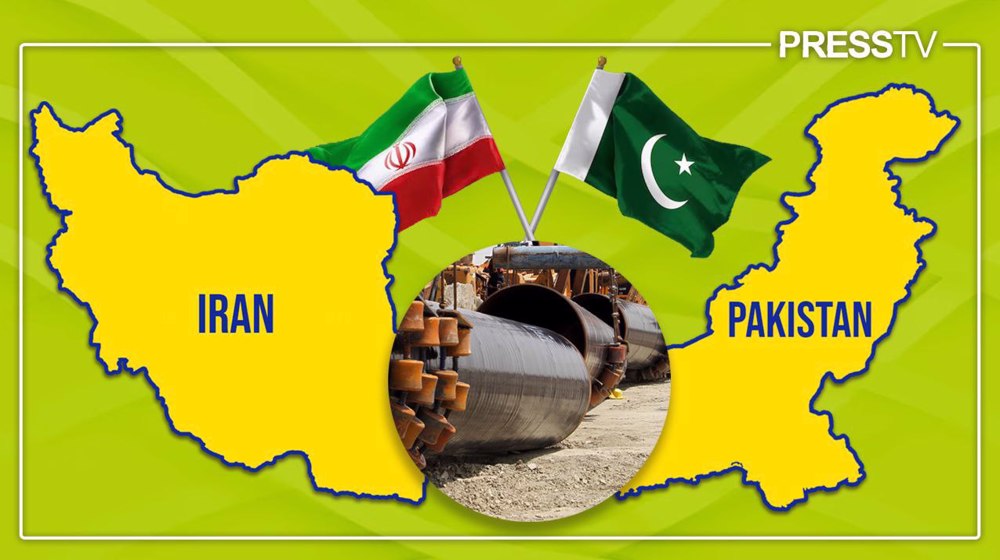
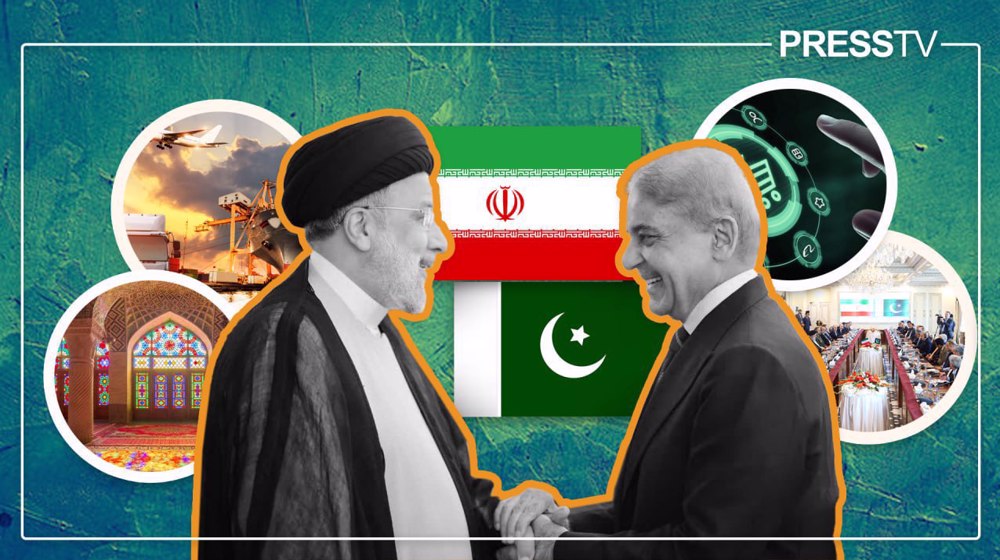
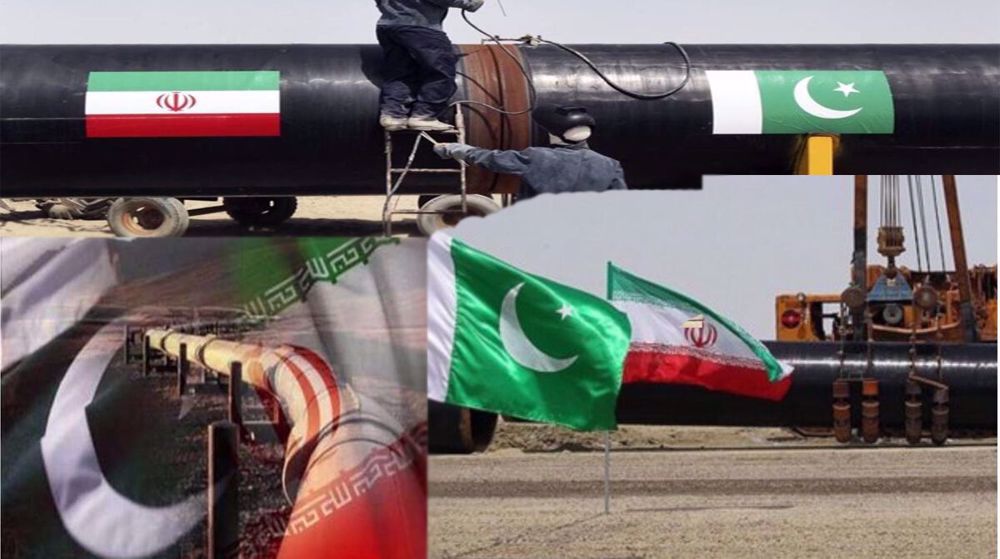
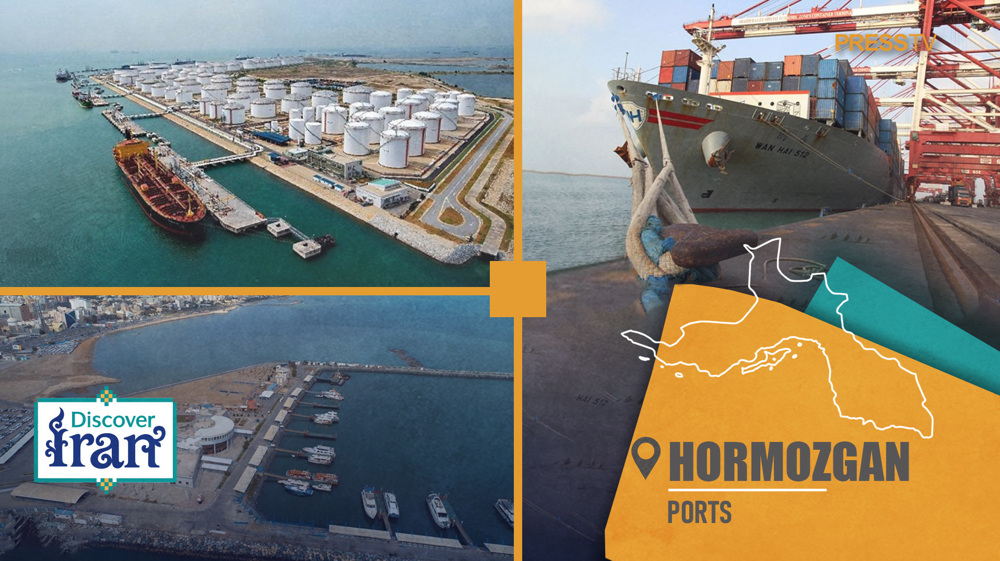

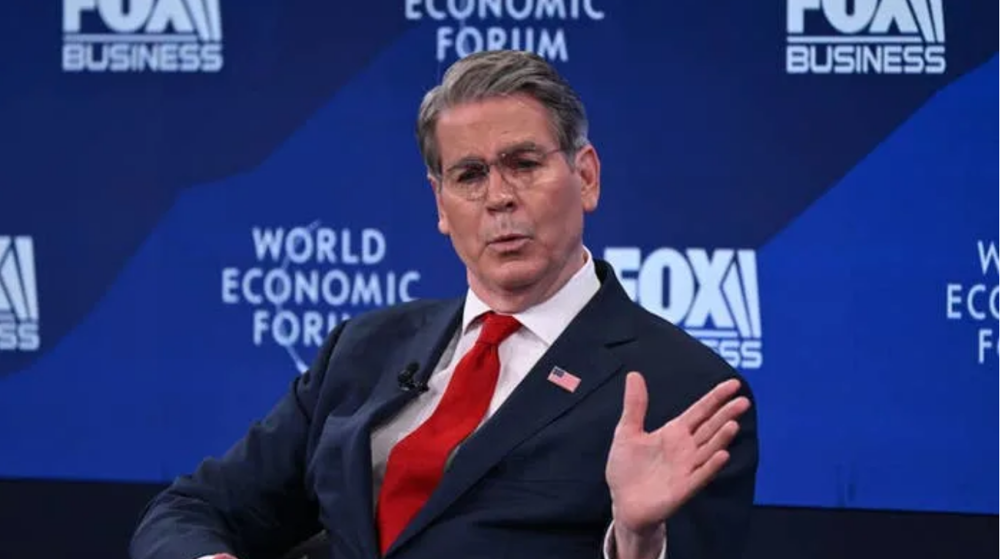



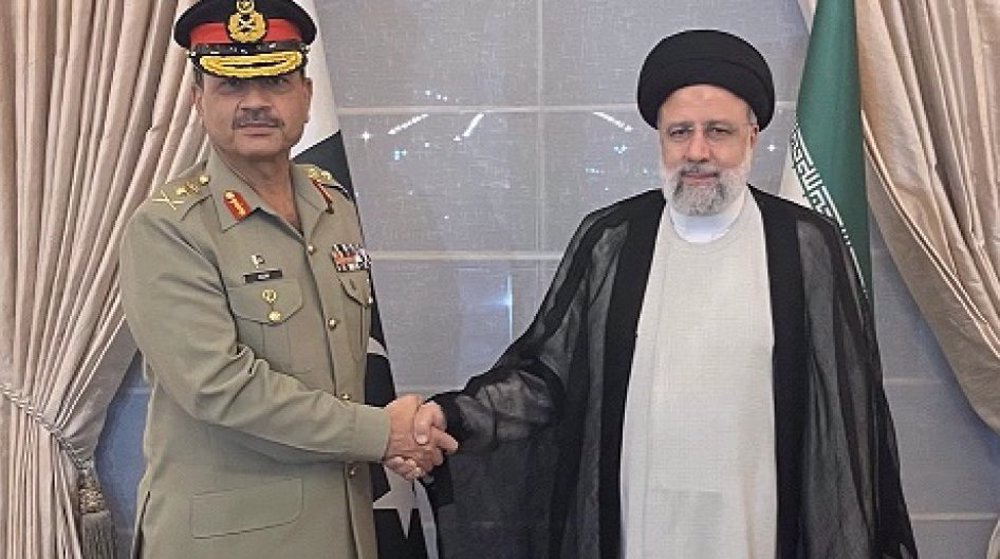
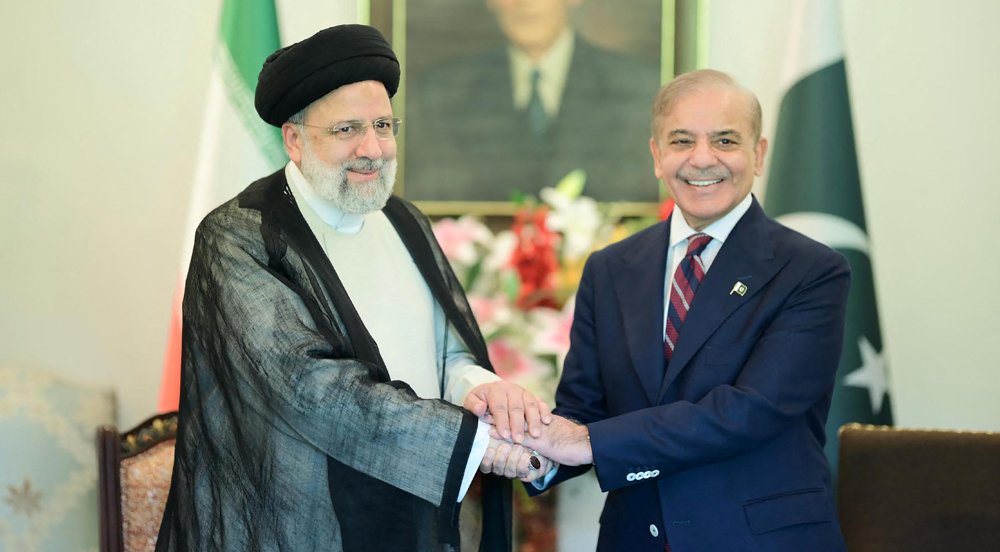
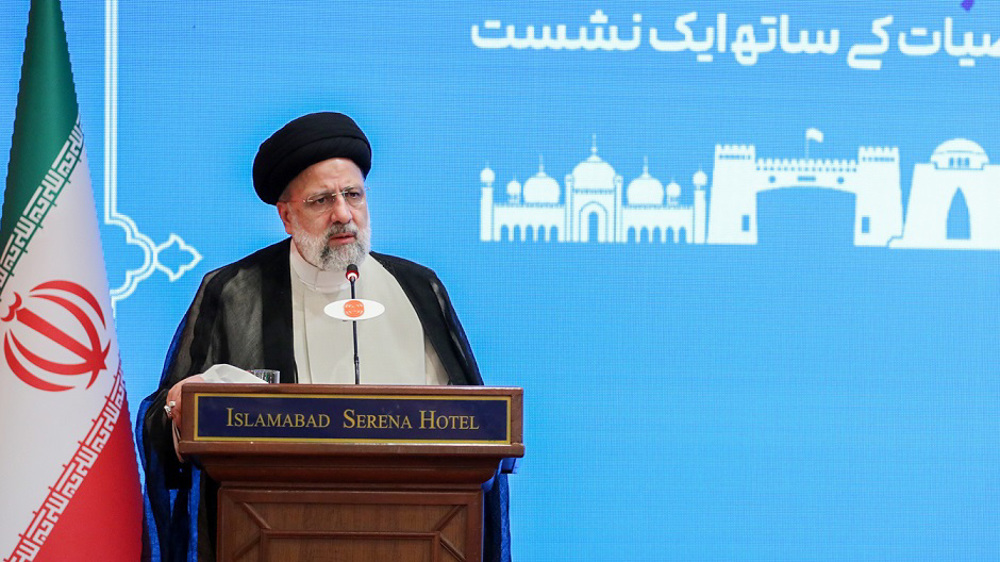
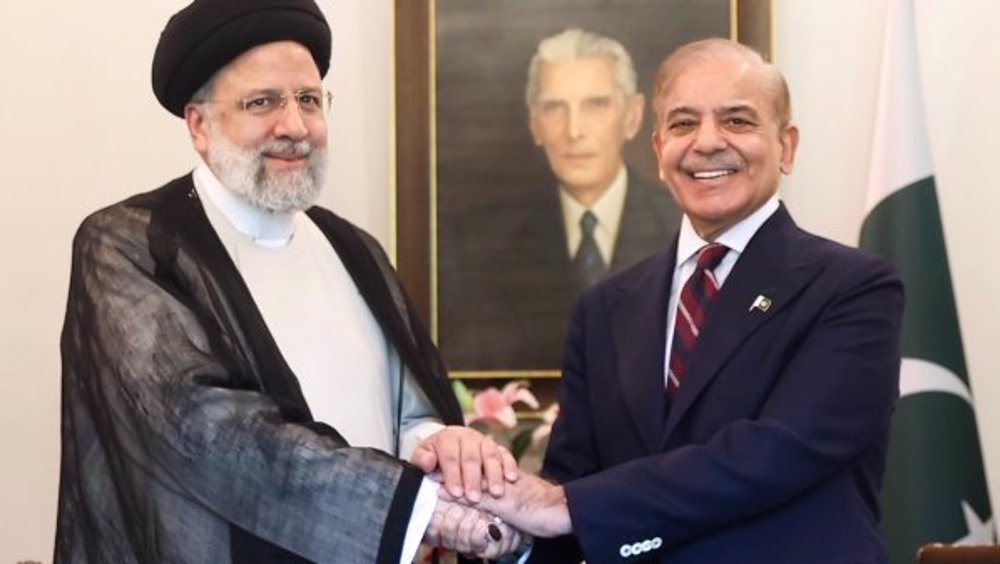

 This makes it easy to access the Press TV website
This makes it easy to access the Press TV website